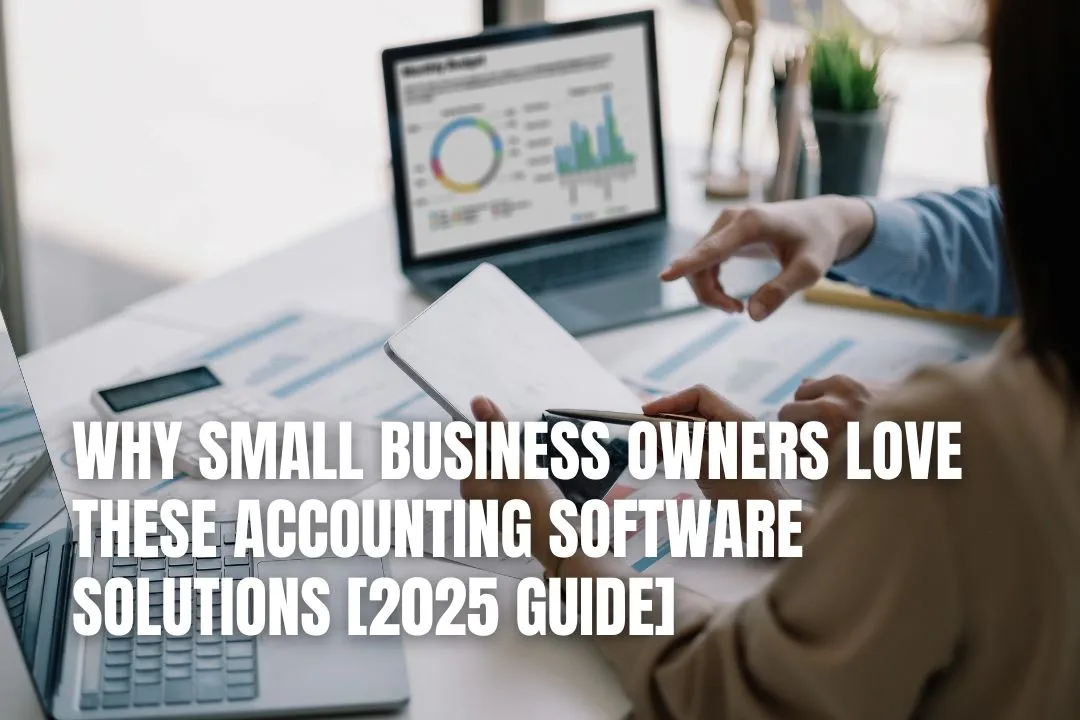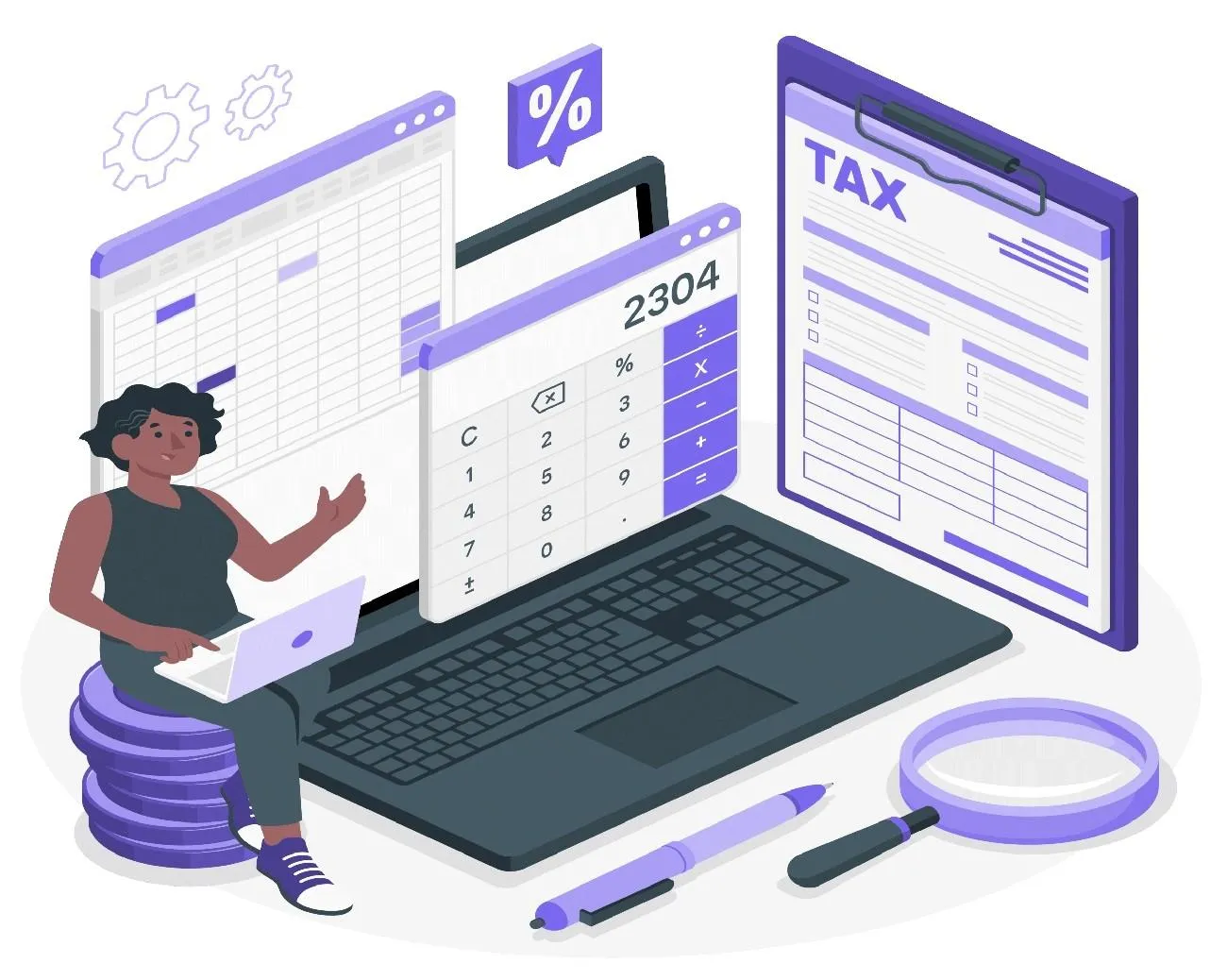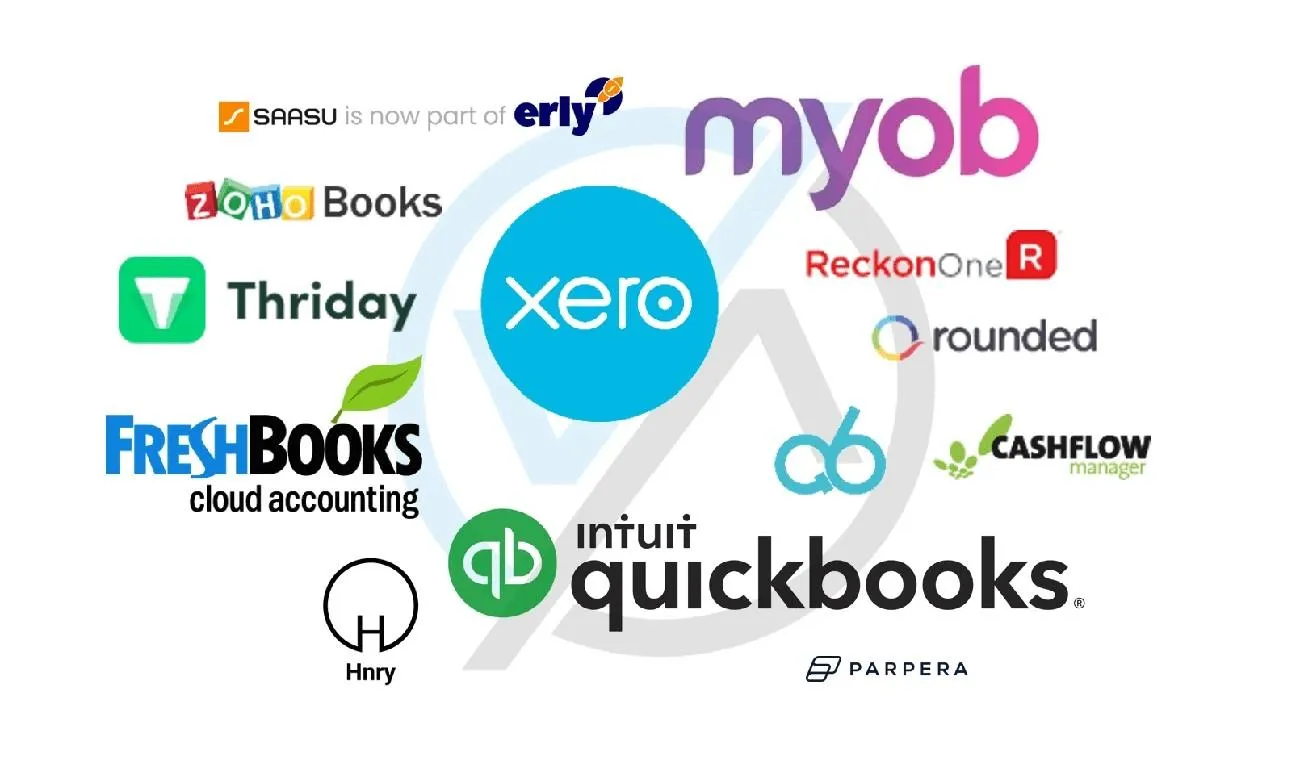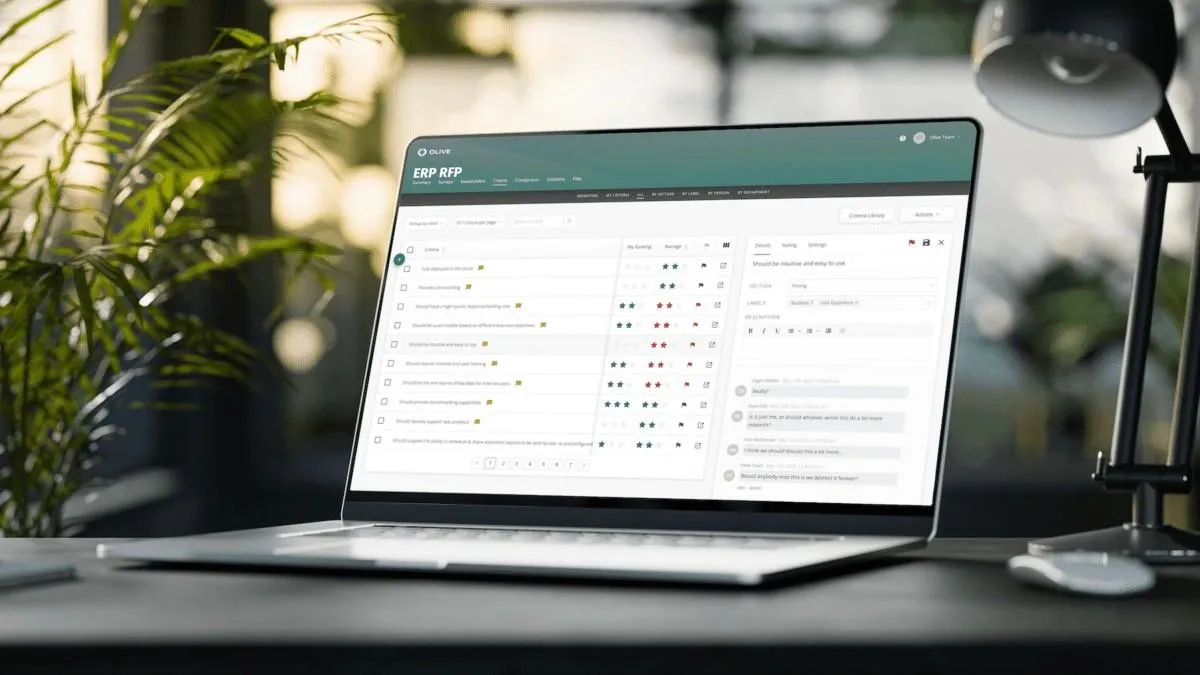
Editorial Disclaimer
This content is published for general information and editorial purposes only. It does not constitute financial, investment, or legal advice, nor should it be relied upon as such. Any mention of companies, platforms, or services does not imply endorsement or recommendation. We are not affiliated with, nor do we accept responsibility for, any third-party entities referenced. Financial markets and company circumstances can change rapidly. Readers should perform their own independent research and seek professional advice before making any financial or investment decisions.
Are you finding it hard to manage your small business finances? Modern accounting software brings order and peace of mind to financial management and saves you countless hours of work. Small business owners know that managing finances can feel like playing detective - you need to track expenses, categorise transactions, and make sure everything adds up.
Popular accounting software eliminates the need to play financial detective. Your purchases get automatically categorised and sync with your bank, ready to search whenever needed. These digital tools handle everything from payroll processing to inventory management in a variety of business settings. Cloud-based accounting solutions also boost accessibility while cutting down IT costs. This financial clarity helps businesses expand sustainably.
Our 2025 piece shows why small business owners love these accounting platforms. You'll learn which features matter most and how to pick the perfect solution that fits your business needs.

Small business owners share a common struggle - they need an efficient way to manage finances without wasting precious time and resources. Business owners waste about 21 hours every week on manual bookkeeping tasks. This explains why accounting software has become an essential tool for today's entrepreneurs.
The days of messy spreadsheets and lost paperwork are over. Accounting software takes care of repetitive financial tasks that used to eat up hours of your week. Popular software creates a central hub for all financial transactions and eliminates manual data entry.
The time savings are impressive:
These platforms make cash flow management simple. They create professional invoices, track payments, and send automatic reminders when payments are late. On top of that, many solutions let customers pay easily by card or direct debit from any device.
Human errors plague manual accounting systems. About 27% of businesses face financial inaccuracies because of human mistakes. Accounting software cuts these risks with automated calculations and built-in error detection.
Tax regulations keep changing, and staying compliant can feel overwhelming. Good accounting solutions handle tax calculations, generate reports, and prepare filing forms automatically. Your business will meet accounting standards like GAAP and IFRS without the hassle of manual tracking.
Up-to-the-minute data analysis is a vital advantage. You don't have to wait until the end of the month to check your financial position. The software gives you instant access to updated dashboards that show revenue, profit margins, and cash flow. You can make smarter business decisions based on accurate, current information instead of old reports.
The digital world shows a clear trend - 82% of small businesses use cloud-based accounting tools. They understand that proper financial management builds a foundation for sustainable growth.
Small business owners need accounting software that is both reliable and adaptable. The right solution combines strong core accounting tools with modern features that save time and improve efficiency.
Based on research and user feedback, these are the most important capabilities:

Let's look at the most trusted accounting software solutions small business owners praise in 2025.
QuickBooks Online leads the industry with about 80% of the US market share. Small businesses choose it for its resilient features. The software has detailed transaction tracking, full reporting, professional invoicing, and capable inventory management. Business owners can view dashboard data, create invoices, and capture receipts on the go with its mobile app. The software costs more than its rivals, but its wide use means your accountant knows how to use it well.
Cryptoworth excels as a specialised tool for businesses that handle digital assets. The platform connects to over 230 blockchains and 80 exchanges. It imports transactions immediately. Business owners value its automated reconciliation features, cost basis tracking for multiple cryptocurrencies, and compliance tools that match GAAP and IFRS standards. This accounting software for cryptocurrency combines smoothly with QuickBooks and Xero, making it a great addition to standard accounting solutions.
Many call it QuickBooks' main rival. Xero lets unlimited users work on all plans, which helps growing teams. This New Zealand-based platform has a user-friendly interface and clean layout that new users find easier to understand. Users save about 5½ hours each week with its bank connection features. The platform has simple inventory tracking in all plans, unlike QuickBooks, which only offers this in higher-tier subscriptions.
Zoho Books gives great value with affordable pricing and a free plan for businesses earning under $50,000 yearly. The platform reduces data entry work through automatic bank feeds, custom rules for sorting transactions, and receipt scanning. Global small businesses benefit from its multi-currency support and excellent mobile apps.
Wave provides free accounting and invoicing in its Starter plan, making it ideal for micro-businesses and solo entrepreneurs. Users get unlimited invoices, estimates, expense tracking, and bookkeeping records without monthly costs. The software's smart dashboard puts your income, expenses, payments, and invoices in one place. Small business owners like Wave's direct approach to financial management, despite some limits in its free version.

Finding the right accounting software goes beyond a feature checklist; you need a solution that lines up with what your business actually needs. Let me show you how to pick the best one.
Your company's size and industry shape its unique requirements. Retail businesses need inventory tracking built in, while service-based companies focus more on invoicing and time tracking features. A small business with uncomplicated finances might do well with simple tools. Growing medium-sized companies need more advanced features. The software should grow with your business so you won't need to switch platforms down the road.
Small business accounting software costs between $7 and $300 monthly, and base plans average $50. Here's what to think about:
Note that the lowest-priced option isn't always the best deal. Cloud services with subscriptions usually scale better than one-time software purchases.
Your accounting software should work naturally with your current business tools. Good integration with ERP, inventory management, and CRM systems is vital to cut down on manual data entry. Multiple payment gateway support helps collect payments faster. Connecting to your POS system and e-commerce platform cuts down mistakes. Make sure to test these integrations thoroughly; some only share simple information while others exchange complete data.
The right accounting software transforms how small businesses manage finances. Digital solutions save time, reduce errors, and provide up-to-the-minute visibility into cash flow and expenses. Modern platforms do more than bookkeeping; they automate tasks, integrate with your existing tools, and give you the insight to make smarter business decisions. Assess your business needs, growth plans, and budget to choose a solution that fits.
Platforms like QuickBooks, Xero, Zoho Books, Wave, and Cryptoworth help small businesses streamline operations and build a strong financial foundation. Investing in the right software today can free up your time and support sustainable growth for tomorrow.
Accounting software is vital because it automates financial tasks, saving business owners many hours each week. It also improves accuracy, helps with tax compliance, and provides instant financial insights, which supports better decision-making and sustainable growth.
Look for core accounting functions, cloud access, automated bank connections, professional invoicing, expense tracking with receipt scanning, detailed reporting, and the ability to integrate with other business tools. Mobile app access and strong security are also very helpful.
Yes, some platforms offer free plans. For example, Wave provides free accounting and invoicing in its Starter plan, making it a good choice for micro-businesses and solo entrepreneurs. Zoho Books also has a free plan for businesses earning under $50,000 annually.
Start by assessing your business's size and complexity, as different industries have unique requirements. Compare pricing and subscription models, looking beyond the lowest price. Crucially, check for seamless integrations with your current business tools like ERP, CRM, or POS systems to avoid manual data entry.
Absolutely. Good accounting software handles tax calculations, generates necessary reports, and prepares filing forms automatically. This helps your business meet accounting standards like GAAP and IFRS without the hassle of manual tracking, reducing the risk of errors.